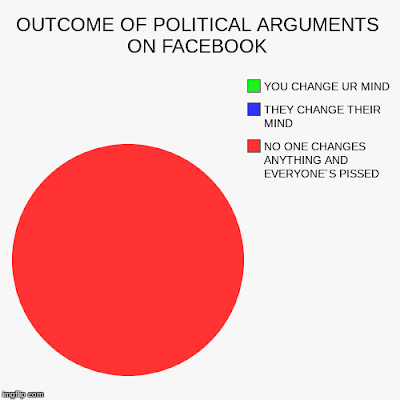Faith and Order and Blurring the Two

There are things all Christian traditions agree on (faith questions), and areas where there are significant differences around how churches organise and describe themselves (order questions). This is reflected in the name of the World Council of Churches Faith and Order Commission, where theological dialogue occurs. Mormons, Jehovah's Witnesses, Christedelphians and others cannot join the World Council of Churches as they do not “confess the Lord Jesus Christ as God and Saviour according to the Scriptures… to the glory of the One God, Father, Son and Holy Spirit.” There are however a huge variety of churches that belong to the World Council of Churches. They have diverse views on women in ministry, modes of baptism, communion, the priesthood, the weight of scripture vs tradition, etc. These are "order" questions, not "faith" questions. How should Christians manage their relationships with one another around differences over these secondary quest...